

What Supplements should Vegans take?
Many people are adopting a vegan lifestyle today, but there is a need to understand how plant-based diets impact human nutritional needs. As much as a vegan diet can benefit the body, it’s good to be sure that you meet a healthy, well-balanced diet that is nutritional enough for your needs. This is possible by taking supplements that support optimal body health and general functioning.
What is a vegan food lifestyle?
Veganism is all about modifying one’s consumption habits to reduce animal suffering. So a vegan diet is made of plant-based foods that replace different animal products such as meat, chicken, bacon, fish, and milk or eggs.
Some people's real drive for a vegan lifestyle is promoting better health and well-being while raising awareness about animal cruelty. And so, by eating animal-free products, it is possible to have healthy hormones, improved concentrations and avoid toxins, bad cholesterol, and many other unhealthy conditions.
Why not also read: Mushroom Tea Benefits
Importance of maintaining a well-balanced diet as a vegan
Nutrients play significant roles in ensuring the human body tissues and organs are well repaired while also regulating other body functions. So, a balanced diet is important for the general body's functionality at its optimal range.
As much as getting get every necessary nutrient from a well-planned vegan diet is possible, it’s also challenging to get some specific nutritional requirements.
Nutrients such as vitamins D, B12, calcium, zinc, iodine, iron, and omega-3 fatty acids are essential in bodybuilding. They are, however, not sufficiently available in plant-based diets. For instance, lacking vitamin B12 can lead to neurological problems, fatigue, and general body weakness.
View our sleep gummies
Similarly, increased vitamin D and calcium deficiency will also risk weakened bone fractures. So, these nutrient deficiencies may lead to different negative health consequences you can avoid by taking supplements.
What Supplements should vegans take?
Many people believe whole-food vegan diets are full of the nutrients your body needs for daily growth, but how wrong they are! Some vegans will even encourage each other to avoid supplements, and unfortunately, such advice does more harm than good.
So while on a vegan diet, key supplements must be taken to ensure you meet your body’s daily nutritional requirements. These supplements are:
Vitamin B12
Vitamin B12 is essential for key bodily processes, including the maintenance of healthy nerves and the formation of red blood cells. The nutrient also plays other key roles in the nervous system, heart conditions, and functions that you can’t get enough of in plant-based foods only.
So the only sure way a vegan can take vitamin B12 is through supplements. If you are worried about the nutrient level in your blood, it might be reassuring to check your blood levels before taking the supplement.
Why not also read: What Supplements should Vegans take?
Omega-3 Fatty acids
Fatty acids are essential for brain health, heart health and reducing inflammations. Although there are plant-based sources of omega-3, such as flaxseeds and chia seeds, it might be almost impossible to get the required levels that are satisfactory for your body’s requirements.
View our krill oil range here
However, you can supplement this nutrient intake with algae oil or eat foods rich in Alpha-linolenic acid. These also needs minimising your omega-6 intake from corn, sunflower, safflower, and sesame oils to help maximise the conversion of omega-3 fatty acids.
Vitamin D
This is an essential nutrient for overall bone health, immune function and reduced inflammation. Many people often imagine vitamin D from the sun is enough for the body. But, it’s very different, in fact, the amount of vitamin D the body generates from the sun is not enough for every requirement. Furthermore, because of the dangers that come with excessive UV radiation, it can be impossible for some elderly and other people who spend little time outdoors to produce enough vitamin D.
So, if you can’t eat foods rich in nutrients, you should take supplements to help ensure there is an optimal range in your blood vessels. Advisably, you may want to consider taking vegan vitamin D2 or D3 as the best supplements to raise vitamin D blood levels.
Iron
Iron carries red blood cells and oxygen around the body, so its deficiency may have serious effects on the oxygenated blood supply. However, there are few plant-based foods rich in iron, such as spinach, lentils, beans, peas, dried fruits, and nuts, but these won’t supply surplus iron, similar to what you’d find in animal-based foods.
This means you’ll want to take iron supplements or iron-rich plant-based foods that will be easily absorbed by the body. You can also combine these with vitamin C-rich foods to help enhance your iron absorption. However, you need to be cautious with iron supplements because they can block the absorption of other minerals or damage your cells. So, it’s not advisable to supplement iron unless necessary; this you can know from monitoring your blood vessels.
Calcium
Calcium deficiency causes weak bones and teeth and may also affect muscle functioning and nerve signalling. There are also plant-based sources of calcium, such as kale, mustard greens, watercress, broccoli, chickpeas, fortified plant milks and many others.
View our pre workout gummies
As a vegan, calcium intake from these plants vary from one person to another, so while it may be enough in someone, it may not be in someone else. As a vegan, it is best not to consume less than 525mg of calcium; otherwise, you may risk bone fractures.
How to get the necessary nutrients as a vegan?
Your only perfect health assurance is to make healthy, well-balanced diets with every nutrient you need in a completely vegan diet. Here are some tips to guide you:
Consume high-protein foods
Dairy products and eggs are the most common high-protein foods. Vegans can, however, take beans, peas, lentils, nuts and seeds. However, if you have any health conditions, it's best to talk to a health professional who can help you appropriately.
Avoid eating too much carbohydrates
Vegans find it easy to eat bread, oatmeal, brown rice and whole grains when they cut out meat intake. However, you need to be cautious about taking refined carbohydrates; too much of these can come with weight gain issues, blood sugar swings and many other health issues.
Make an appointment with a professional dietician
It can be quite challenging to switch to vegan diet if you are not sure about it. So, it is best to seek for guidance from a registered dietician who will help you meet your body’s nutritional requirements.
Final Wrap
While a vegan diet has numerous benefits, you must be cautious about the necessary nutrients for your body. You can incorporate various fruits, whole grains, vegetables, and fortified foods that will work best for your body. But you shouldn’t leave out important supplements that have calcium, iron, and vitamins D & B12 if you don’t get enough of them from your diet. For the best results, it's good that you consult a dietitian that can help plan your diet to enjoy optimal body functionality while taking supplements.
-

-
In stockOriginal price £25.00 - Original price £139.99Original price £0.00£25.00 - £139.99£25.00 - £139.99Current price £25.00
Earn 312 reward points
Orange County CBDBrought to you straight from the Sunshine State, Orange County's CBD oil combines full-spectrum, premium cannabinoids with natural terpenes to brin...
View full detailsOriginal price £25.00 - Original price £139.99Original price £0.00£25.00 - £139.99£25.00 - £139.99Current price £25.00Earn 312 reward points
-
Low stockOriginal price £19.99 - Original price £100.00Original price £0.00£19.99 - £100.00£19.99 - £100.00Current price £19.99
Earn 250 reward points
CBD by British CannabisIntroducing the new CBD Cannabis Oil from CBD by British Cannabis. This 100% Cannabis oil has been developed to be the best tasting most premium CB...
View full detailsOriginal price £19.99 - Original price £100.00Original price £0.00£19.99 - £100.00£19.99 - £100.00Current price £19.99Earn 250 reward points
-
In stockOriginal price £25.00 - Original price £25.00Original price £0.00£25.00£25.00 - £25.00Current price £25.00
Earn 312 reward points
CBD FXExperience the natural benefits of CBDfx Hemp Tincture, crafted with high-quality, pure hemp-derived CBD and MCT oil for optimum absorption and e...
View full detailsOriginal price £25.00 - Original price £25.00Original price £0.00£25.00£25.00 - £25.00Current price £25.00Earn 312 reward points
-
In stockOriginal price £19.99 - Original price £19.99Original price £0.00£19.99£19.99 - £19.99Current price £19.99
Earn 250 reward points
CBD FXExperience the natural benefits of CBDfx Hemp Tincture, crafted with high-quality, pure hemp-derived CBD and MCT oil for optimum absorption and ef...
View full detailsOriginal price £19.99 - Original price £19.99Original price £0.00£19.99£19.99 - £19.99Current price £19.99Earn 250 reward points
-
Low stockOriginal price £29.99 - Original price £149.99Original price £29.99 - Original price £149.99Original price £29.99£26.99 - £134.99£26.99 - £134.99Current price £26.99
Earn 337 reward points
Naturecan CBDBroad Spectrum 100% Natural Oil By Naturecan CBD is a high quality broad spectrum CBD oil produced from organically grown US hemp manufactured in t...
View full detailsOriginal price £29.99 - Original price £149.99Original price £29.99 - Original price £149.99Original price £29.99£26.99 - £134.99£26.99 - £134.99Current price £26.99Earn 337 reward points
Save up to 10% -
In stockOriginal price £64.99 - Original price £160.00Original price £0.00£64.99 - £160.00£64.99 - £160.00Current price £64.99
Earn 812 reward points
Supreme CBDSupreme CBD full spectrum oil provides the maximum CBD advantages and is available in three strong variants: 1500mg, 3000mg, and 6000mg. This full ...
View full detailsOriginal price £64.99 - Original price £160.00Original price £0.00£64.99 - £160.00£64.99 - £160.00Current price £64.99Earn 812 reward points







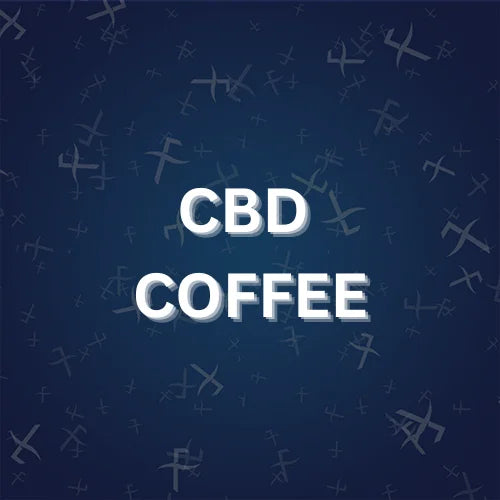


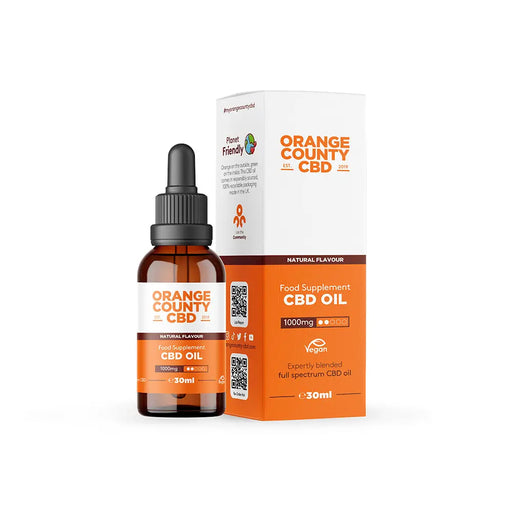
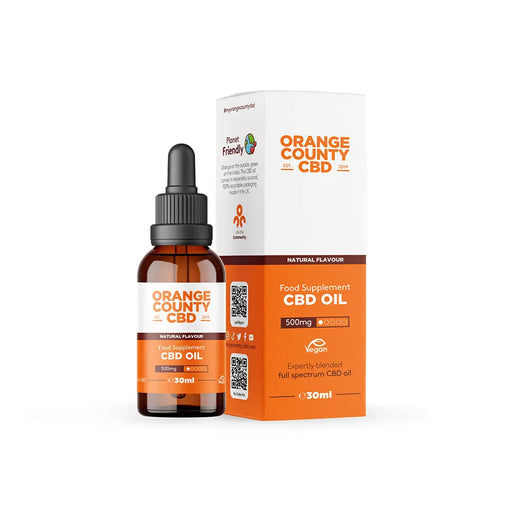
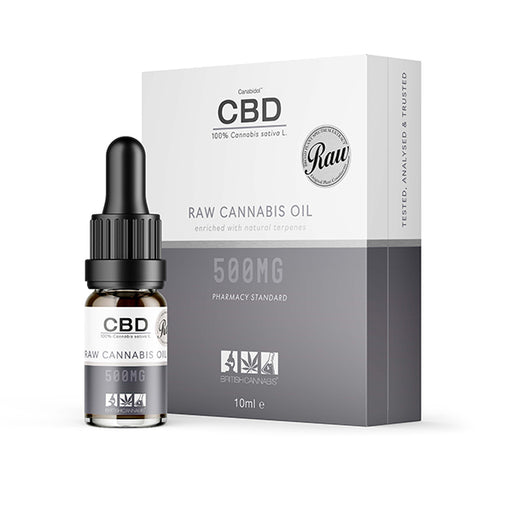
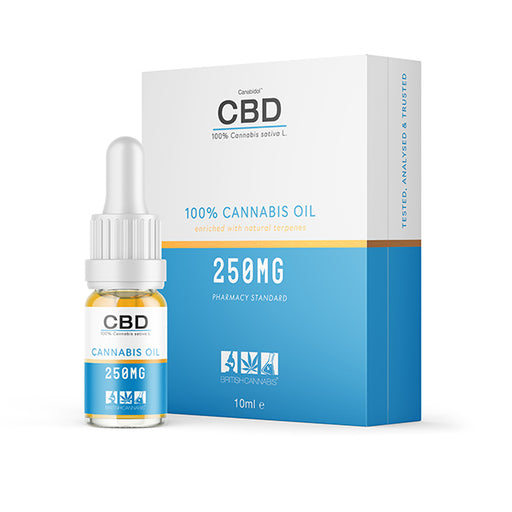


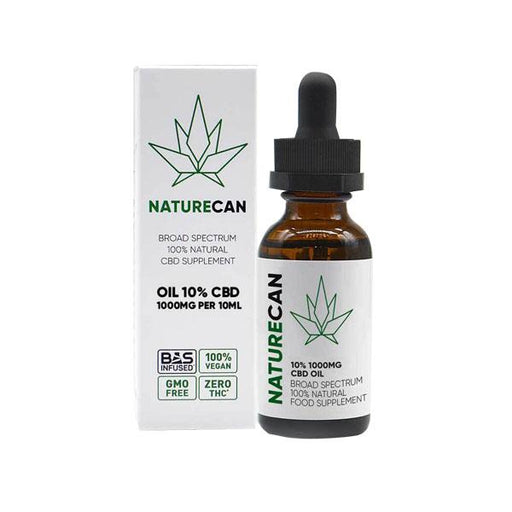
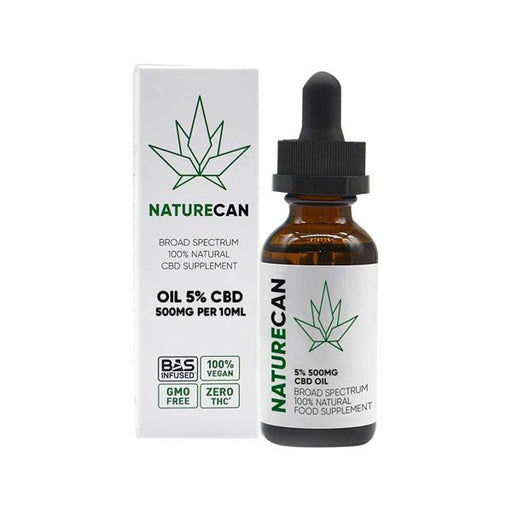


Leave a comment